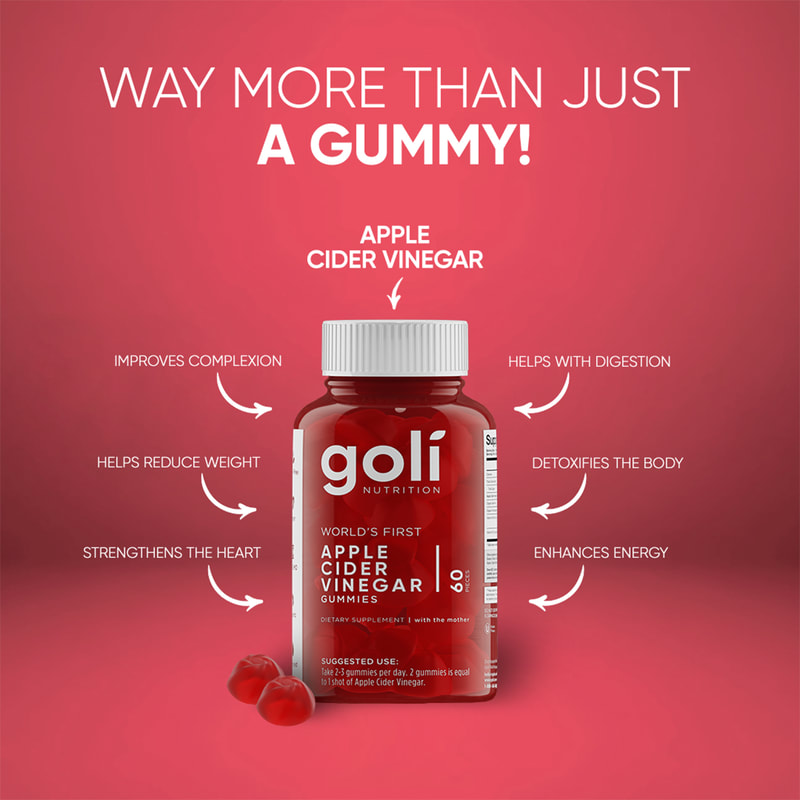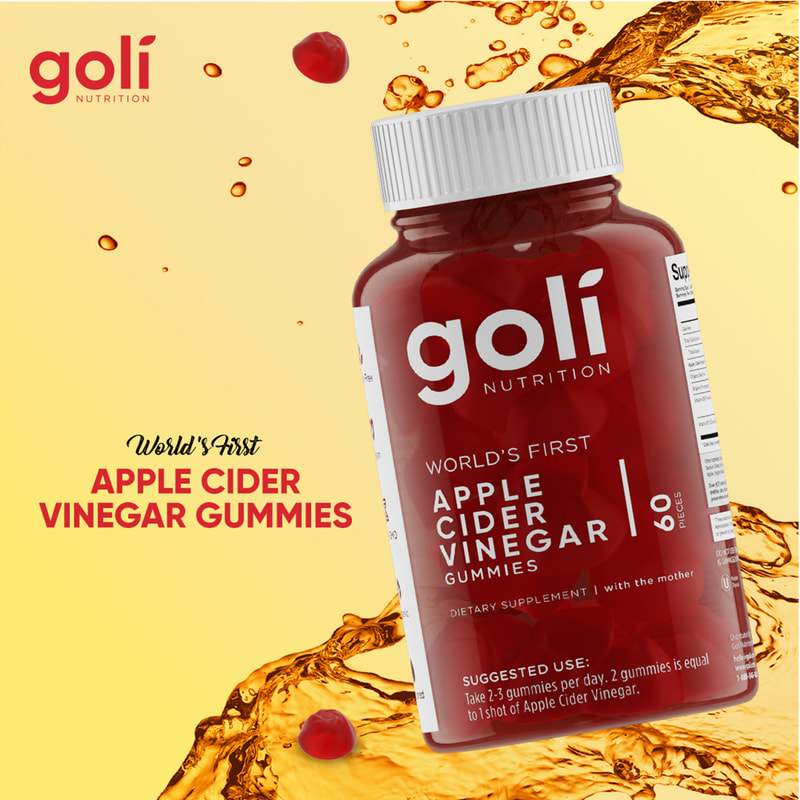Plant based eating is not the same as being vegan. Plant based diets consist mostly of food from plants such as; vegetables, legumes, fruits, nuts, seeds and whole grains with little to no animal products i.e. dairy, meat and seafood. Eating a vegan diet means consuming absolutely NO animal products.
Plant based eating focuses on getting the benefits of eating more plants without having to completely change your diet or give up other foods. Don’t think of this type of eating as a diet, eat what works for you without putting a label on it. The next time you go food shopping or prepare a meal, try to fill up on plant-based foods that you would like to eat. There are plenty of whole food options but if you are short on time grab a meat alternative from your groceries freezer or refrigerator to substitute for the meat in your meal.
Some benefits of a plant-based diet include:
- Lower risk of heart disease-studies have shown those who eat mostly plant-based diets were, on average, 25% less likely to die of heart disease.
- May reduce the risk of certain cancers- studies suggest that eating lots of fruits and vegetables can reduce the risk of developing certain cancers, and there’s evidence that vegetarians have a lower incidence of cancer than non vegetarians do.
- Type 2 diabetes- research suggest that a predominantly plant-based diet can reduce the risk of type 2 diabetes. (Harvard Health)
- Increased blood flow-animal based meals can damage our arteries, preventing them from fully opening to allow increased blood flow.
- Reduced inflammation-plants have several more antioxidants and polyphenols than animal foods. The anti-inflammatory properties of plants help decrease muscle soreness and joint pain, reduce muscle damage and speed up recovery and healing from injuries.
Some potential risks of eating plant-based diets include deficiencies in protein, b12, zinc and Omega-3 fatty acids. Deficiencies occur because the food does not contain the vitamin or nutrient or because the food itself prevents or reduces the absorption. These deficiencies can be avoided by carefully choosing foods that contain essential vitamins and nutrients orhigh-quality supplements.
*Prior to making any changes in your diet please discuss with your physician.
Easy ways to get started living a plant-based lifestyle:
- Choose one meal a day that will be entirely plant foods OR Choose one full day per week to eat all plant food meals.
- Substitute your normal portion of meat, seafood or dairy for a plant-based food. For example; substitute a beef patty with a veggie burger or use mushrooms and peppers as a substitute for meat in your fajitas.
- Breakfast is an easy meal to eat plant-based foods. Smoothies are a great way to get plenty of servings of vegetables, fruits, nuts, seeds and grains. In the previous blog post I discussed using a smoothie delivery service. These companies will mail you all the ingredients you need in one pack, just add plant-based milk or water and blend. The best smoothie service I have found is SmoothieBox. I have partnered with them to offer you $20.20 off your first box for the New Year. Click Here You can also make your own smoothies using your favorite plant-based protein such as hemp or pea protein, milk, nuts, fruits and other ingredients.
- Use herbs and spices to add flavor to your food. Additional flavors can help you feel more satisfied and makes everything tastier. I like using cumin, curry powder and cayenne pepper just to name a few.
- Be creative with your cooking styles. Smokers, grills and slow cookers are your friends! These methods are not just for meat anymore. They can help you cook up hearty and savory plant-based dishes. Check out this site for 30 best vegan slow cooker recipes.
Follow me on social media IG: @DrSuzHeals for more on plant based living. Cheers to your health!


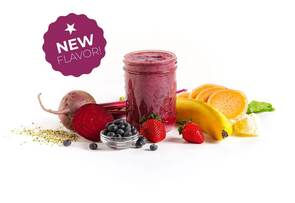
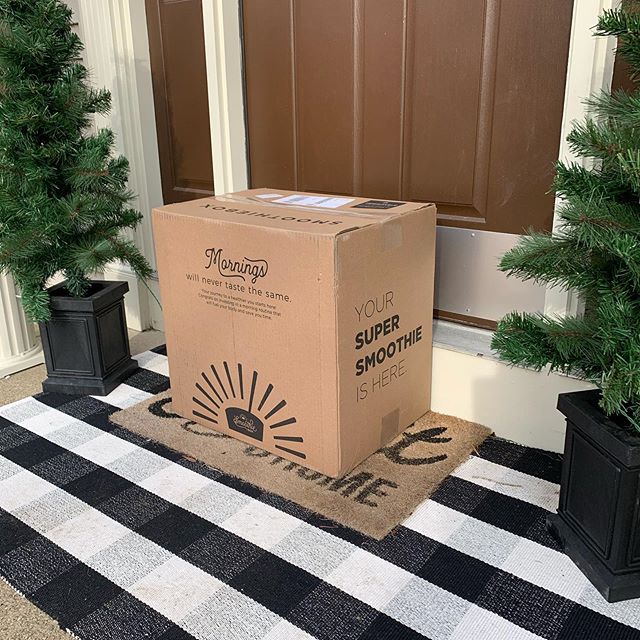
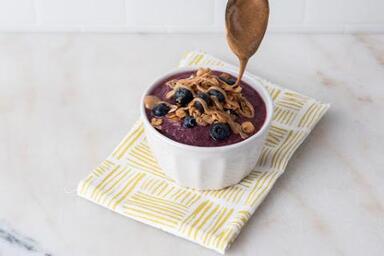


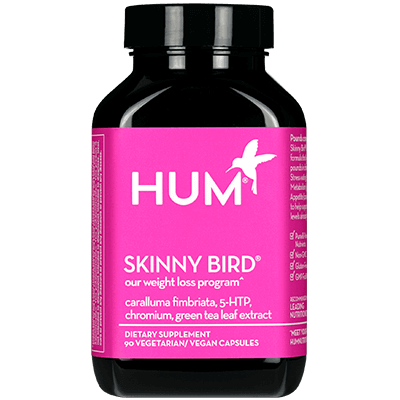
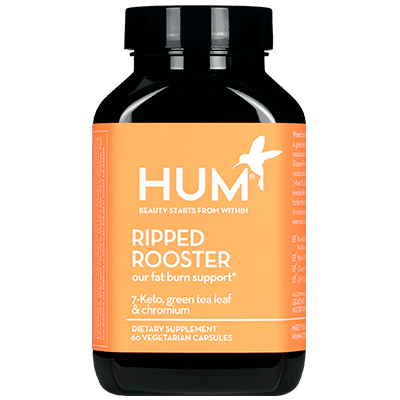
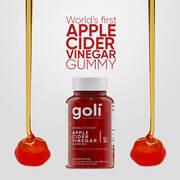
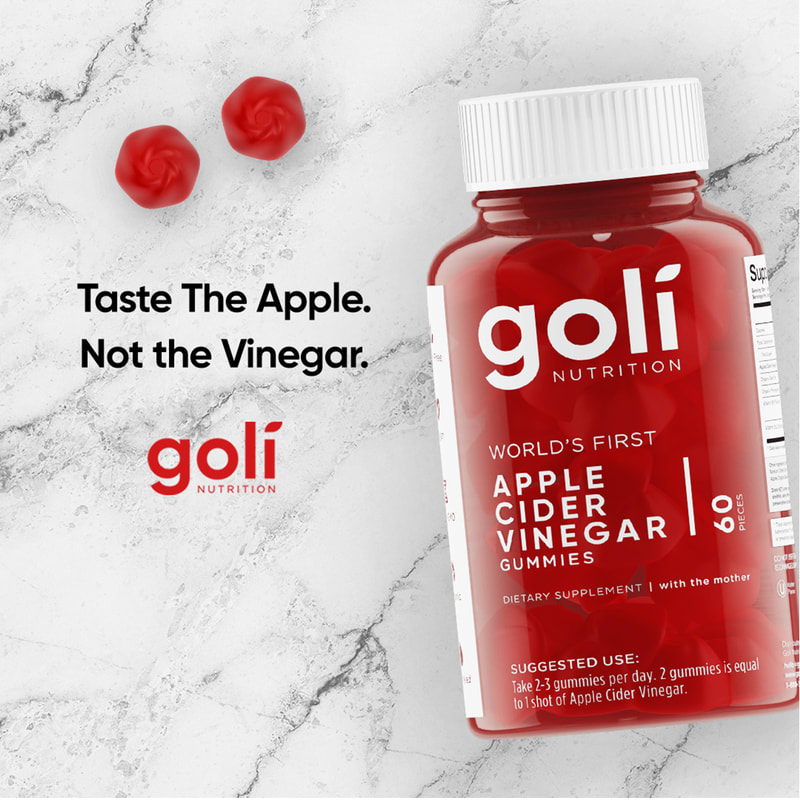




 RSS Feed
RSS Feed
